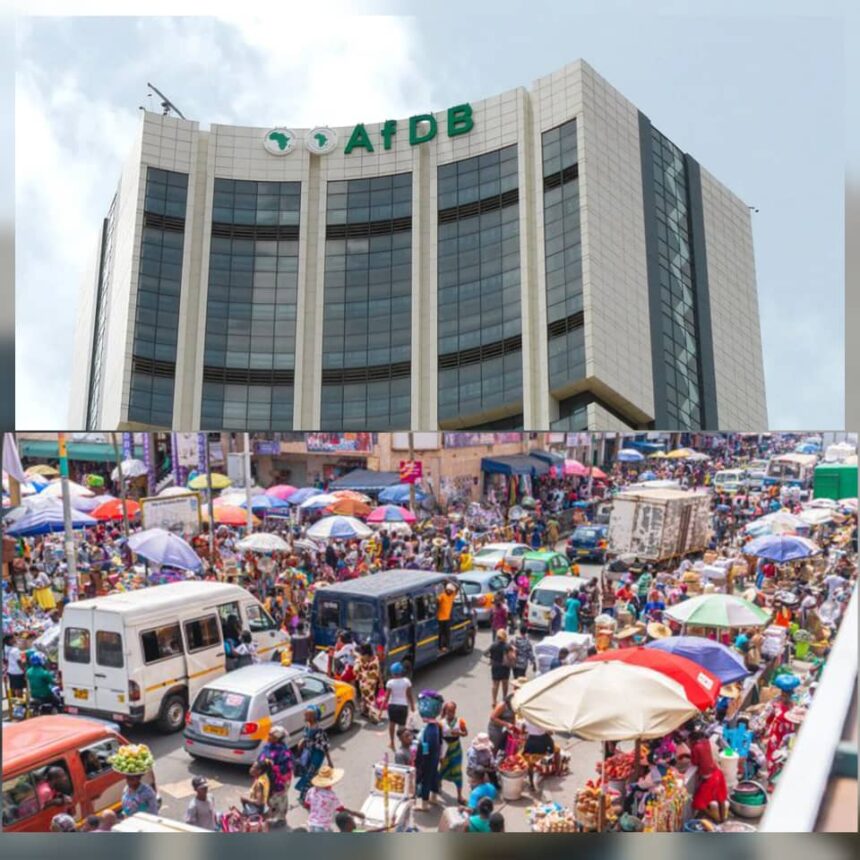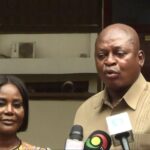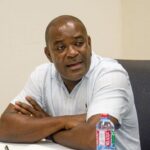Ghana’s GDP is expected to slow to 4.5% in 2025 and 4.8% in 2026, according to the African Development Bank Group’s African Economic Outlook report. This slowdown is attributed to mining activity, a lack of momentum for fiscal consolidation, and rising interest rates.
With the help of strict monetary policy, less depreciation of the currency, and decreased food prices, inflation is expected to decrease to 15.5% in 2025 and 9% in 2026.
According to the report, the continuous efforts at fiscal consolidation and the reforms in public financial management, such as the strengthened framework for fiscal responsibility and new regulations to tighten spending commitments, are expected to help the fiscal deficit shrink to 3.5% of GDP in 2025 and 3% in 2026.
As debt restructuring with commercial creditors and revenues rise as a result of better tax compliance and lower tax expenditures, the public debt to GDP ratio is expected to further decline to 66.4% in 2025, according to the AfDB report.
Due to increased exports of gold and oil, the current account balance is expected to be 2.6% of GDP in 2025 and 1.4% in 2026, according to the report.
The report also noted that potential policy reversals, climate change, and the direct and indirect effects of US tariff increases could all pose downside risks to the outlook.
It warned that “staying on the fiscal consolidation path will help mitigate the risks.”
The report states that Ghana’s wealth increased 69% from 2010 to an estimated $845 billion in 2020. In addition to financial capital ($88 million), human capital ($475 billion), natural capital ($306 billion), and produced capital (also referred to as manufactured capital), it also includes a negative net foreign asset (-$25 billion) due to Ghana’s status as a net debtor. Renewable and nonrenewable natural resources make up natural capital, which is $267 billion and $39 billion, respectively.
mobilizing both internal and external savings has the potential to boost Ghana’s wealth, it said.
“In the short term, this entails ensuring macroeconomic stability, enforcing rules, laws, and regulations, and improving the business environment—and in the medium to the longer term, fast-tracking economic transformation and properly valuing and accounting for the natural capital and associated ecosystems,
Ghana has embarked on a fiscal consolidation program, and efforts are underway to value and account for natural capital by developing the National Plan for Natural Capital Accounting”.
” Initiatives are in place to compile pilot NCAs and integrate them into the System of National Accounts. The integration would increase Ghana’s wealth profile, increase creditworthiness, and unlock sustainable financing resources through domestic resource mobilization,” the report read.
By Najat Adamu






